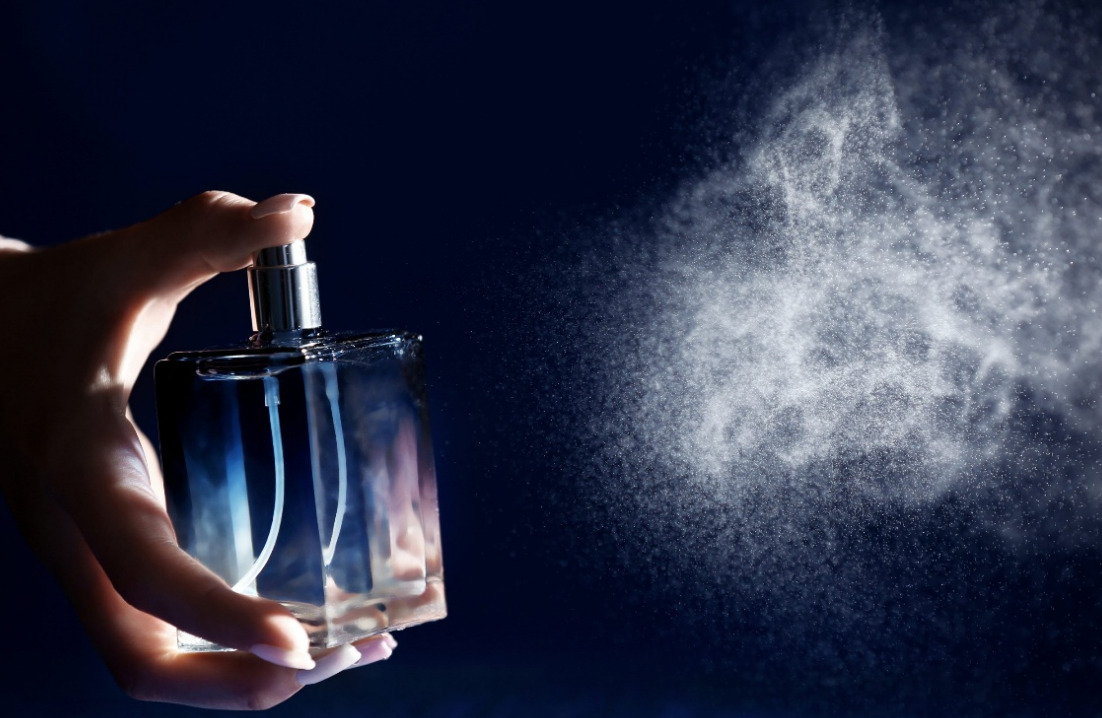The Hidden Impact of Fragrance: Why Going Scent-Free Protects Everyone

For many, perfume or cologne is a signature accessory—something that feels as essential as a favorite piece of jewelry or well-loved jacket. But what if that spritz of fragrance, while pleasant to you, could cause your coworker to have a migraine, your grocery store cashier to break out in hives, or your neighbor to struggle for air?
This isn’t hypothetical. The American Medical Association (AMA) has recognized that certain environmental exposures—including fragrance sensitivity—can substantially limit major life activities. In other words, what smells like luxury to one person can mean disabling symptoms for another.
Fragrance and Health: More Than Just a Scent
Fragrances are not simple “floral” or “woody” notes. They are typically mixtures of dozens to hundreds of chemicals, many derived from petroleum. These compounds are designed to linger in the air, attach to surfaces, and even bind to our skin and hair. For those with sensitivities, this means prolonged exposure and prolonged symptoms.
Some of the most common health effects include:
- Respiratory issues: coughing, wheezing, asthma flares, even anaphylaxis in severe cases
- Skin reactions: rashes, itching, redness, hives
- Neurological effects: headaches, migraines, dizziness, brain fog
- Gastrointestinal disturbances: nausea, cramping, diarrhea
- Systemic immune responses: especially in those with multiple chemical sensitivity (MCS), which often overlaps with mast cell activation, leading to unpredictable and sometimes severe reactions

MCS is becoming increasingly recognized, and it can dramatically reduce quality of life. Imagine navigating your daily routine when someone else’s shampoo, laundry detergent, or perfume can leave you incapacitated.
Fragrance, Microplastics, and the Environment
Another often-overlooked concern is the environmental impact of fragrances. Many contain synthetic polymers, fixatives, or encapsulation technologies that behave like microplastics—tiny particles that persist in the environment and in our bodies. These can be inhaled or absorbed through the skin, adding another layer of potential harm. While research is ongoing, early studies suggest that fragranced consumer products may indeed contribute to indoor air microplastic pollution.
What You Can Do
Even if you don’t feel ready to give up fragrance altogether, there are steps you can take to reduce harm to yourself and those around you:
Go fragrance-free in shared spaces. Workplaces, healthcare settings, grocery stores, public transit, schools, gyms—these are all places where scent-free choices protect the health of others.
Switch to fragrance-free laundry and cleaning products. Scent molecules cling to fabrics for days or weeks, continually releasing into the air. This is one of the biggest sources of involuntary exposure for others.
If you love fragrance, wear it responsibly. Apply only at home, in small amounts, and avoid reapplication before going into shared environments. Consider natural essential oil roll-ons—but only in private, since even “natural” scents can be triggers.
Choose true fragrance-free products. “Unscented” often means fragrance chemicals have simply been added to mask odor. Look for labels that specifically say “fragrance-free.”
Rethink your definition of wellness. Instead of associating “fresh” with perfume, focus on clean air, natural fabrics, and products that don’t add invisible burdens to the body.
Creating a Healthier Culture
Just as smoking was once considered glamorous until its health effects became undeniable, the cultural attachment to fragrance is beginning to shift. More workplaces, healthcare facilities, and wellness spaces are adopting fragrance-free policies, not to limit personal expression, but to protect health, inclusion, and accessibility.
Consider this:
- Choosing fragrance-free when visiting your doctor helps ensure they can focus fully on your care and others without discomfort or distraction.
- When we share close spaces like a movie theater, church, or game, going fragrance-free is a small act of care that lets everyone around you enjoy the moment comfortably—helping neighbors, friends, and strangers alike feel safe and at ease.

Every time you choose to go fragrance-free, you’re not only protecting your own health—you’re also showing compassion for people with asthma, migraines, autoimmune disease, MCS, or mast cell activation, who may otherwise be excluded from everyday life.
The truth is simple: while fragrance is a choice, breathing is essential for us all.
